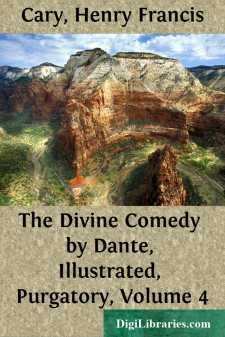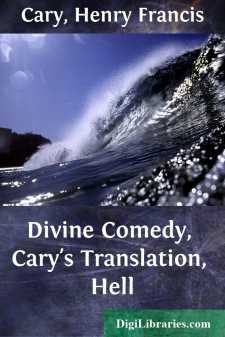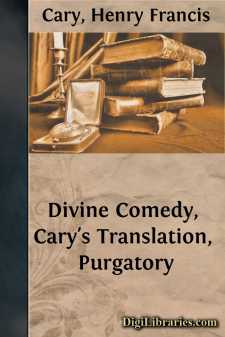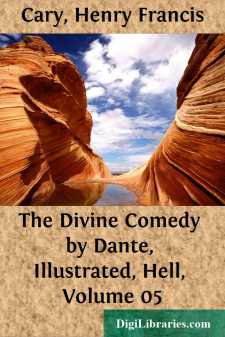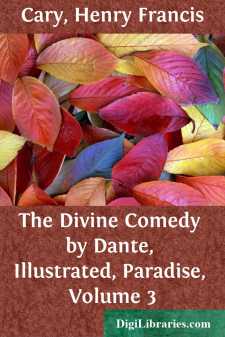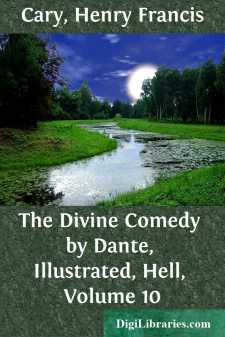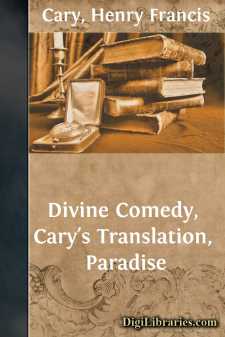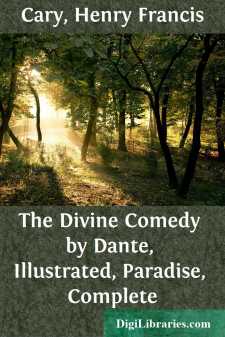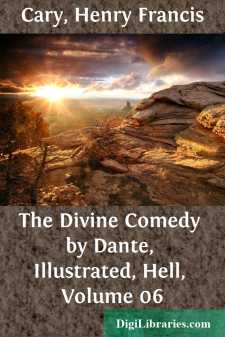Categories
- Antiques & Collectibles 13
- Architecture 36
- Art 48
- Bibles 22
- Biography & Autobiography 813
- Body, Mind & Spirit 142
- Business & Economics 28
- Children's Books 17
- Children's Fiction 14
- Computers 4
- Cooking 94
- Crafts & Hobbies 4
- Drama 346
- Education 46
- Family & Relationships 57
- Fiction 11829
- Games 19
- Gardening 17
- Health & Fitness 34
- History 1377
- House & Home 1
- Humor 147
- Juvenile Fiction 1873
- Juvenile Nonfiction 202
- Language Arts & Disciplines 88
- Law 16
- Literary Collections 686
- Literary Criticism 179
- Mathematics 13
- Medical 41
- Music 40
- Nature 179
- Non-Classifiable 1768
- Performing Arts 7
- Periodicals 1453
- Philosophy 64
- Photography 2
- Poetry 896
- Political Science 203
- Psychology 42
- Reference 154
- Religion 513
- Science 126
- Self-Help 84
- Social Science 81
- Sports & Recreation 34
- Study Aids 3
- Technology & Engineering 59
- Transportation 23
- Travel 463
- True Crime 29
Lives of the English Poets From Johnson to Kirke White, Designed as a Continuation of Johnson's Lives
Description:
Excerpt
LIVES OF ENGLISH POETS.
* * * * *
SAMUEL JOHNSON.
There is, perhaps, no one among our English writers, who for so great a part of his life has been an object of curiosity to his contemporaries as Johnson. Almost every thing he said or did was thought worthy of being recorded by some one or other of his associates; and the public were for a time willing to listen to all they had to say of him. A mass of information has thus been accumulated, from which it will be my task to select such a portion as shall seem sufficient to give a faithful representation of his fortunes and character, without wearying the attention of the reader. That any important addition should be made to what has been already told of him, will scarcely be expected.
Samuel Johnson, the elder of two sons of Michael Johnson, who was of an obscure family, and kept a bookseller's shop at Lichfield, was born in that city on the 18th of September, 1709. His mother, Sarah Ford, was sprung of a respectable race of yeomanry in Worcestershire; and, being a woman of great piety, early instilled into the mind of her son those principles of devotion for which he was afterwards so eminently distinguished. At the end of ten months from his birth, he was taken from his nurse, according to his own account of himself, a poor diseased infant, almost blind; and, when two years and a half old, was carried to London to be touched by Queen Anne for the evil. Being asked many years after if he had any remembrance of the Queen, he said that he had a confused but somehow a sort of solemn recollection of a lady in diamonds and a long black hood. So predominant was this superstition relating to the king's evil, that there was a form of service for the occasion inserted in the Book of Common Prayer, and Bishop Bull,[1] in one of his Sermons, calls it a relique and remainder of the primitive gift of healing. The morbidness of constitution natural to him, and the defect in his eye-sight, hindered him from partaking in the sports of other children, and probably induced him to seek for distinction in intellectual superiority. Dame Oliver, who kept a school for little children, in Lichfield, first taught him to read; and, as he delighted to tell, when he was going to the University, brought him a present of gingerbread, in token of his being the best scholar her academy had ever produced. His next instructor in his own language was a man whom he used to call Tom Browne; and who, he said, published a Spelling Book, and dedicated it to the universe. He was then placed with Mr. Hunter the head master of the grammar school in his native city, but, for two years before he came under his immediate tuition, was taught Latin by Mr. Hawkins, the usher. It is just that one, who, in writing the lives of men less eminent than himself, was always careful to record the names of their instructors, should obtain a tribute of similar respect for his own. By Mr. Price, who was afterwards head master of the same school, and whose name I cannot mention without reverence and affection, I have been told that Johnson, when late in life he visited the place of his education, shewed him a nook in the school-room, where it was usual for the boys to secrete the translations of the books they were reading; and, at the same time, speaking of his old master, Hunter, said to him, "He was not severe, Sir....



